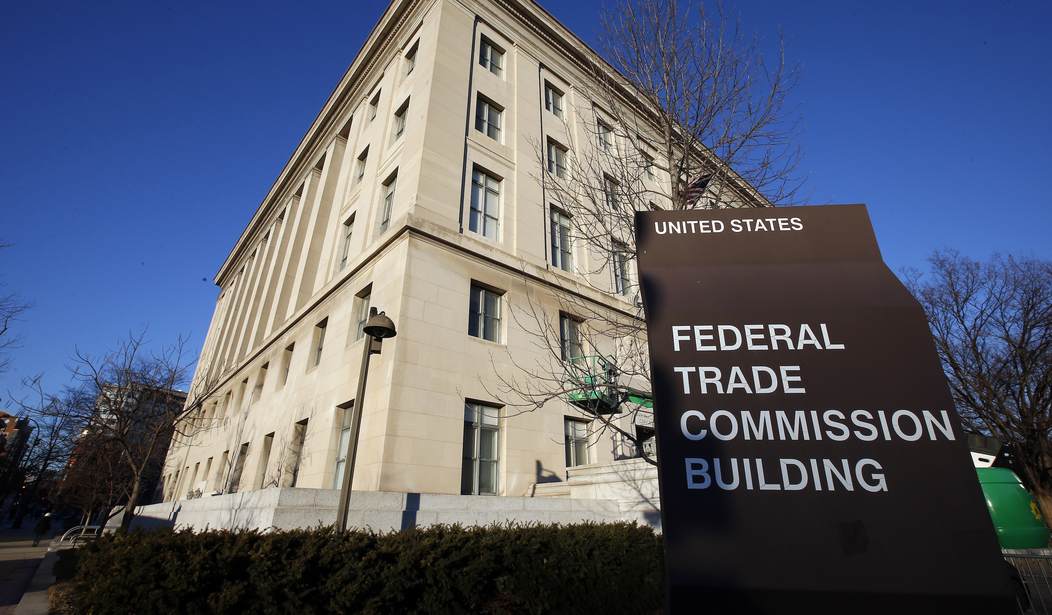Since Lina Khan took the reins as Chair at the Federal Trade Commission, she has been using the full force of the agency against American businesses. Khan has been indiscriminate in her attacks, unleashing the FTC on a variety of industries ranging from agriculture to concrete manufacturers to healthcare providers. Under Khan, the FTC repeatedly filed lawsuits against job creators, knowing full well her agency was committing wild regulatory overreach and leaning on the courts to undermine even routine business transactions. Earlier this month, the courts rejected the FTC’s extralegal maneuvers for the fourth time in two years.
Khan has not accepted repeated courtroom defeats as evidence her agency has overstepped its authority. Instead, she asserts that the FTC would be more successful if only the law weren’t standing in its way. Determined to stifle economic activity regardless of legal constraints, the FTC proposed a new rule targeting companies engaging in mergers and acquisitions by running up legal fees and delaying or burying them under mountains of paperwork. According to one analysis, the rule has the “transparent goal” of slowing mergers and expanding the FTC’s ability to scrutinize and block such transactions.
Among those in the crosshairs of the new rule, are American companies who lead the world in innovation and who regularly enhance their capabilities, products, and workforce by acquiring start-ups. The fatal flaw of the rule, however, is that the targets of the new rule are the ones capable enough to navigate it most efficiently. Thankfully, this has not gone unnoticed by policymakers who oversee the FTC.
Earlier this month, Khan appeared before the House Judiciary Committee and was asked about the proposed rule by Rep. Laurel Lee (R-FL). In her questioning, Rep. Lee noted that the FTC’s paperwork burden would require more than 100 hours of work and cost companies as much as $350 million in compliance costs. “The very largest corporations … would be the ones who can most easily absorb this change,” Rep. Lee stated. On the other hand, as Rep. Lee noted, smaller companies engaged in mergers and acquisitions would lack the funds or even the workforce to meet the FTC’s compliance rules, effectively shouldering a significantly more significant burden than the large companies supposedly targeted by the agency and preventing them from merging with other similar size companies to avoid purchase by a larger conglomerate.
Recommended
Rep. Lee also revealed through her questioning that the proposed rule is unsurprisingly based on unsound legal reasoning. Companies would be required to submit information outside the scope of the FTC’s stated duties of protecting competition, such as demographic information about employees, opening the door for the agency to expand its authority and stop mergers and acquisitions without the proper basis in antitrust law, harm to consumers, or limitation of competitive markets. Rep. Lee noted in the Judiciary Committee hearing that the FTC “lacks a specific mandate from Congress to engage in this behavior.”
The FTC has an essential and legally mandated job: protect consumers from unfair business practices and competition in the U.S. economy. Under Khan, the agency has become a political weapon wielded to attack economic activity and prevent American companies from growing and expanding. Even Khan’s progressive allies have criticized her leadership, calling her repeated legal failures “reckless” and accusing her of turning the agency into a “paper tiger.” Her latest misfire – a bank-shot attack on smaller businesses – is just the latest piece of evidence that Khan’s FTC has gone off the rails.
Khan now has an important decision to make. If she continues her failed attempts to use the courts and the power of bureaucracy to attack businesses, she threatens to erase the FTC’s credibility entirely. Instead, she can refocus the agency on the job it’s meant to do. The first step is abandoning the legally questionable and punitively burdensome compliance rules that hurt smaller companies the most.

























Join the conversation as a VIP Member